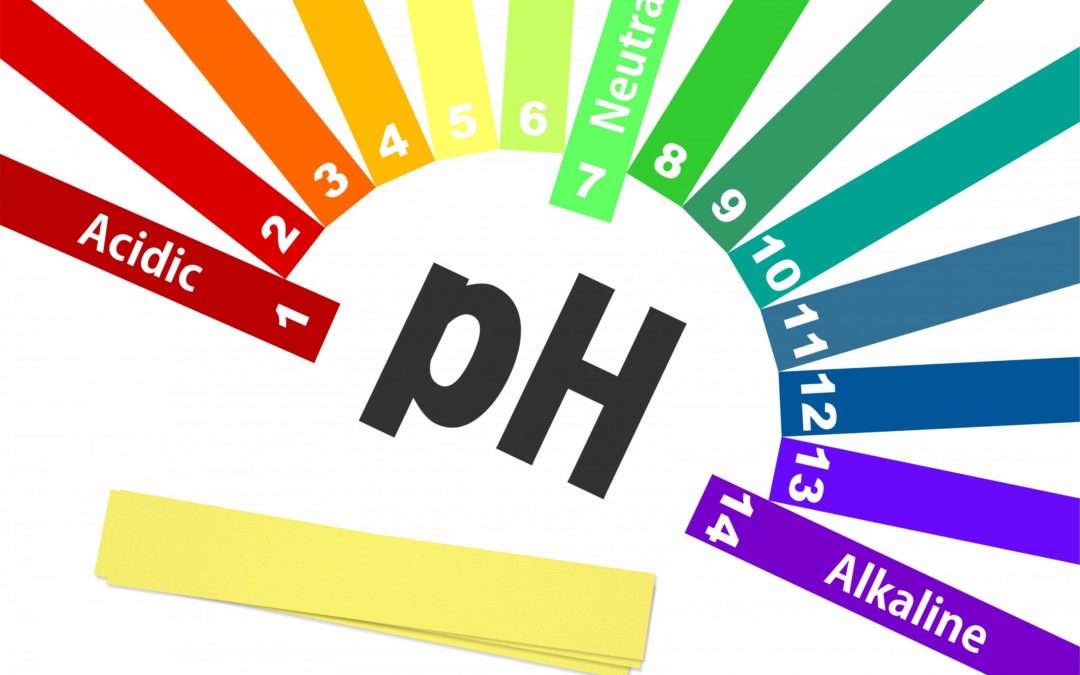With a new health craze popping up what seems like every minute, it can be difficult to keep up with everything. One craze that seems to have as many naysayers as people who love it is alkaline water. And as with most health crazes, it has trickled down into the animal world.
When it comes to alkaline water for dogs, should you believe the hype or is it just that: a hype? Let’s find out.
What is Alkaline Water?
The “alkaline” in alkaline water refers to the pH level. A pH level is the number that represents how acidic or alkaline something is on a scale of 0 to 14. Something that is very acidic would be a 1 while something very alkaline would be a 13.
So, alkaline water has a higher pH level than normal drinking water. Normal drinking water, for example, is neutral and has a pH of 7 while alkaline water has a pH of 8 or 9. But, the pH balance alone doesn’t contribute to the alkalinity of water.
Alkaline water must also contain alkaline minerals as well as negative oxidation reduction potential (or ORP) – which acts like a pro- or antioxidant. The higher negative value of ORP value, the more antioxidizing the water is.
The Benefits of Alkaline Water for Dogs
When it comes to our four-legged friends, there has been quite the debate about whether alkaline water does more harm than good.
But some studies show that dogs can benefit from drinking naturally alkaline water. These benefits include:
Calcium
Calcium is important during the growth stages of young puppies. And, a dog’s bones store about 99% of calcium.
Potassium
Potassium helps create energy as well as keep pressure balance with sodium.
Sodium
Sodium helps regulate your dog’s water intake, balance pressure in your dog’s cells and helps your pup drink more water to flush out any toxins or minerals that could potentially become stones.
Magnesium
Magnesium helps create energy, build your dog’s bones and is necessary to promote a functioning nervous system.
The Downside to Alkaline Water
The biggest drawback to giving alkaline water to your dog has to do with their urine pH balance. Since dogs are naturally opportunistic carnivores, their saliva and urine pH are slightly acidic rather than alkaline.
Some dogs can suffer from more kidney stones when drinking alkaline water, especially when their pH balance crept up to a 7 or higher. A normal urine pH balance for dog’s is around 6.5 to 7.0. When a dog’s urine pH balance is below a 6.0 or higher than a 7.0, bacteria could thrive, and stones or crystals could form.
Since alkaline water raises the stomach’s pH for about 30 minutes and your dog’s stomach relies on acidic liquids to breakdown food, alkaline water should not be given during feeding times. If the stomach pH is raised during eating, it could interfere with a dog’s digestive juices.
Alkaline water should also be avoided with medication as alkaline water helps the body absorb faster. Since medications are designed to be absorbed at a certain rate, medication could be absorbed too fast.
While there are certain benefits to giving your dog alkaline water, it may seem like the downsides outweigh the pros. However, you can consult with your veterinarian to see if adding alkaline water to your dog’s diet is beneficial.
Will Corrente is a career entrepreneur and trusted authority and expert in the dog care industry. Will has over 15 years of experience as the owner and operator of Very Important Paws Dog Resort in West Palm Beach, FL. Copyright 2020 k9vitatherapy.com

